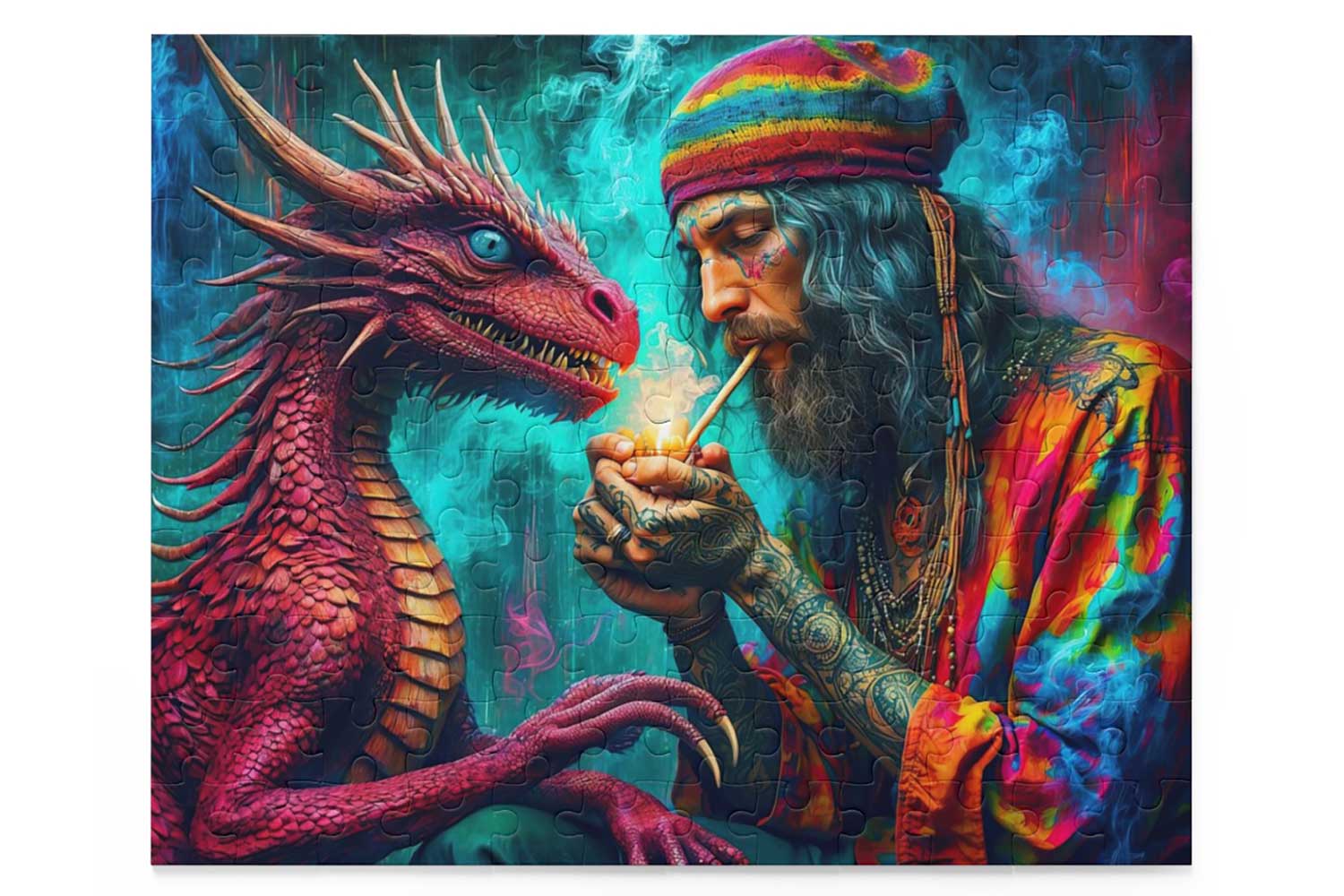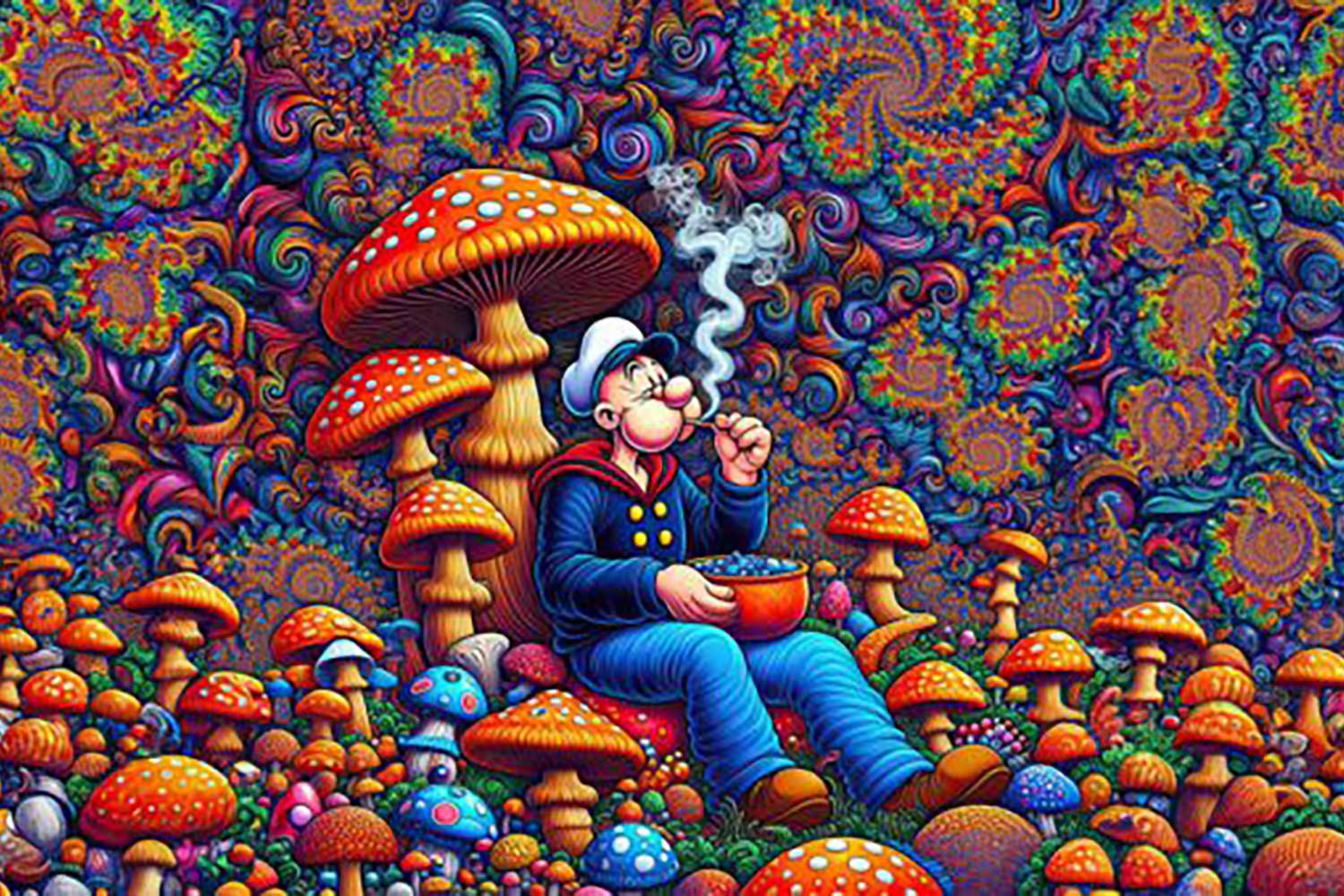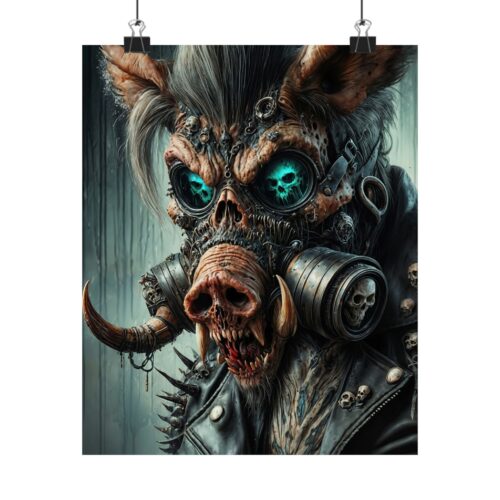
- Dragon Diversity: There are countless species of dragons, each with its unique abilities and characteristics. Some breathe fire, while others might have powers like ice breath, telepathy, or shape-shifting.
- Dragon Communication: Dragons communicate through a complex system of roars, body language, and even telepathy. They are highly intelligent beings capable of understanding various languages.
- Elemental Affinities: Dragons are often associated with specific elements, such as fire, water, air, earth, or even lightning. Their powers and appearances may reflect their elemental affinity.
- Dragon Hoarding: Dragons are notorious for hoarding treasures like gold, jewels, and magical artifacts. This behavior is often linked to their innate desire for wealth and power.
- Dragon Agelessness: Dragons are often portrayed as immortal or exceptionally long-lived creatures. Some legends suggest that they can live for thousands of years, accumulating wisdom and magical prowess over time.
- Dragon Shapeshifting: In some myths, dragons possess the ability to shape-shift into human or animal forms. This allows them to move among humans undetected, furthering their mysterious nature.
- Dragon Guardians: Dragons are sometimes depicted as guardians of ancient knowledge or sacred places. They may act as protectors of secret realms or gatekeepers to mystical dimensions.
- Dragon Dreams: Dragons are believed to have the ability to enter a dream-like state where they can foresee events in the future. People often seek out dragons for their prophetic insights.
- Dragon Healing: Some dragon legends attribute healing powers to these creatures. Their blood, scales, or breath may have magical properties that can cure ailments or even grant immortality.
- Dragon Flight: Dragons are not only capable of flying but also possess incredible aerial agility. They can perform acrobatic feats in the sky, making them formidable adversaries.
- Dragon Empathy: Dragons are said to have a deep connection with the natural world and its creatures. They can communicate with other animals and may act as protectors of the balance of nature.
- Dragon Artistry: Dragons are known for their love of art and creativity. They might carve intricate designs into their lairs or create elaborate sculptures from the treasures they hoard.
- Dragon Constellations: Some cultures believe that dragons are celestial beings and have immortalized them in the night sky as constellations. Each constellation tells a different dragon-related myth.
- Dragon Temporal Manipulation: In certain stories, dragons have the power to manipulate time. They may be guardians of time portals or possess the ability to travel through different eras.
- Dragon Elemental Fusion: Rare dragons may have the ability to fuse different elemental powers, creating awe-inspiring and devastating combinations like magma-breathing or storm-manipulating dragons.Your Content Goes Here
- Dragon Artifacts: Dragons create magical artifacts using their breath or other powers. These artifacts may have diverse effects, from enhancing magical abilities to granting wishes.
- Dragon Underworld: In some myths, dragons are considered guardians of the underworld or otherworldly realms. They may have connections to the afterlife and play a role in guiding souls.
- Dragon Diplomacy: Dragons have their own complex societies with hierarchies, alliances, and conflicts. Some may engage in diplomatic relations with other mythical creatures, while others prefer solitude.
- Dragon Dreamscape: Dragons are said to share a collective dreamscape where they meet and exchange knowledge. This ethereal realm allows them to share wisdom and plan actions that affect the mortal world.
- Wingless Dragons: Not all dragons have wings; many Eastern dragons are depicted as serpentine creatures without wings.







